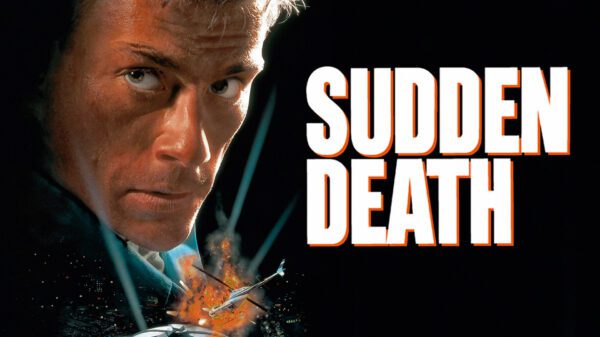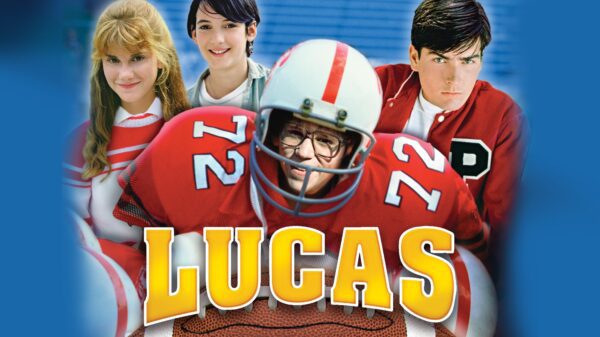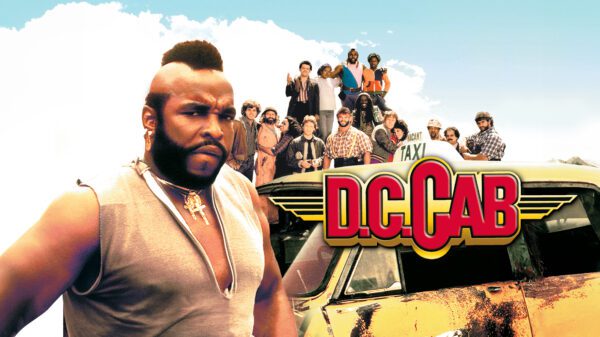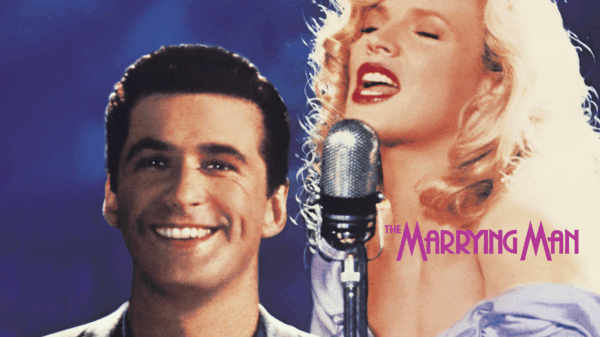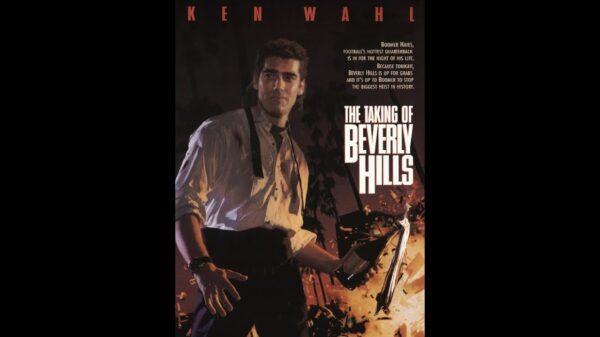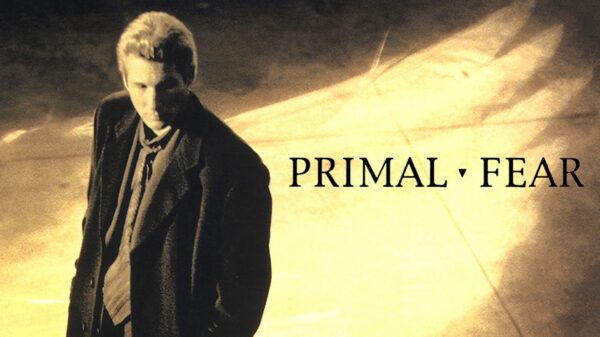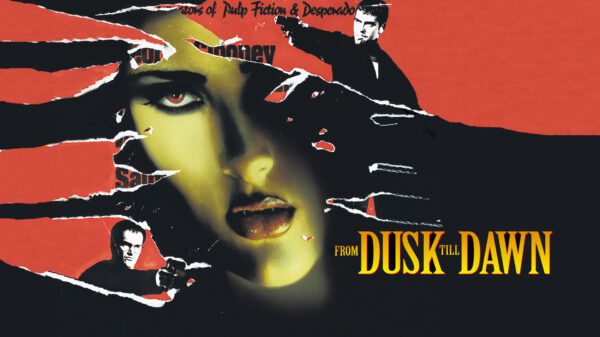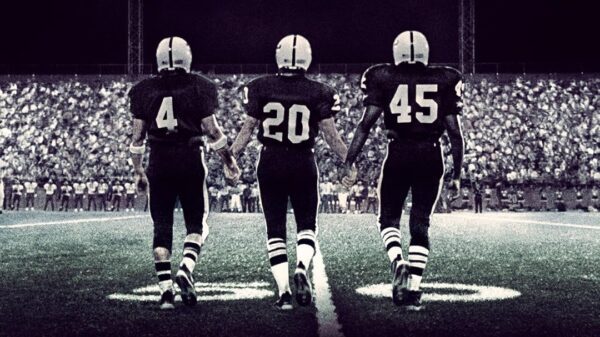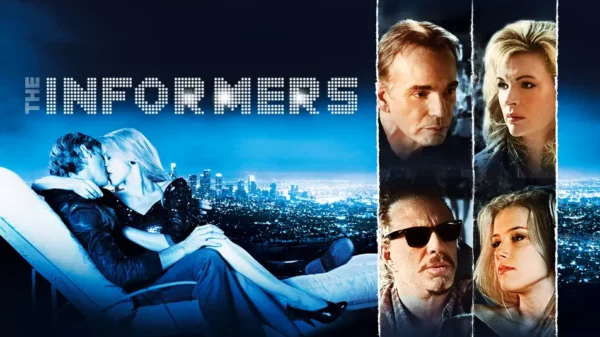Based on Eliot Asinof’s 1963 book of the same name, Eight Men Out, released in theaters on September 2, 1988, is John Sayles‘ meticulously crafted 1988 film detailing the infamous “Black Sox Scandal” of the 1919 World Series.
The plot follows the talented but underpaid Chicago White Sox team, who are fed up with their miserly owner, Charles Comiskey.
The players, including stars like Eddie Cicotte (David Strathairn) and “Shoeless” Joe Jackson (D.B. Sweeney), are approached by gamblers with an offer to throw the series against the Cincinnati Reds.
What starts as a desperate act of rebellion against their owner quickly spirals into a moral and ethical crisis, culminating in the permanent banishment of eight players from professional baseball.
The film provides a detailed, humanized look at the events leading up to, during, and after the scandal, focusing on the players’ divided loyalties and the immense pressure they faced.
The ensemble cast is superb, capturing the personalities of the real-life figures they portray. Sweeney delivers a heartbreaking performance as “Shoeless” Joe, while Strathairn masterfully embodies the tormented pitcher Eddie Cicotte.
John Cusack plays Buck Weaver, the one player who refused the money but was banned anyway.
Michael Rooker, Don Harvey, Perry Lang, James Read and Charlie Sheen starred as members of the White Sox.
The film also features strong supporting turns from Michael Lerner as Arnold Rothstein, Christopher Lloyd as Bill Burns and John Mahoney as the White Sox manager “Kid” Gleason.

John Cusack in Eight Men Out (Photo/Orion Pictures)
Reception for Eight Men Out
Eight Men Out grossed $1.1 million on its opening weekend, finishing in 17th place in limited release on 147 screens.
The film would gross $5.7 million in its theatrical run.
Gene Siskel gave the film a positive review.
Legacy
The film’s enduring legacy is its unflinching commitment to historical accuracy and its profound exploration of themes of integrity, greed, and the innocence of a bygone era.
Eight Men Out is considered one of the greatest baseball films ever made, not because of dazzling on-field heroics, but because of its honest and tragic depiction of a sport losing its purity.
The film is a somber, character-driven drama that stands as a stark reminder of the consequences of corruption and the immense pressure athletes can face and it has a timeless quality that transcends the sport itself, serving as a powerful cautionary tale about the high cost of a moral compromise.

